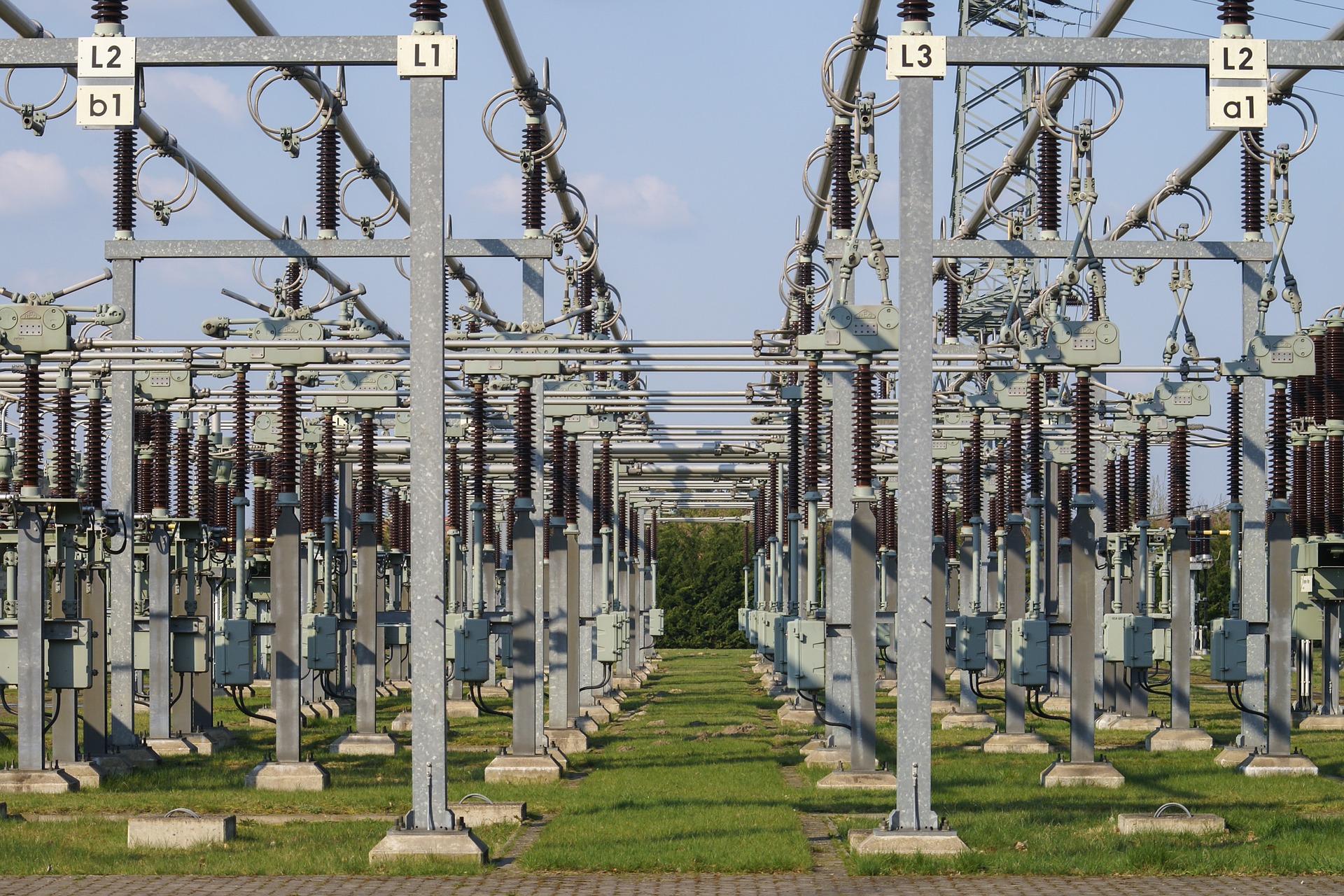Can An Electrician Become An Electrical Engineer?
A lot of people gain qualifications to become an electrician which is a job that involves the installation and testing of electrical circuits and appliances. This is a skilled job that requires attention to detail and a good knowledge of how electrical systems work. However, for many electricians, there is a desire to expand their knowledge and further their career. Choosing to become an electrical engineer is a great way to do this. But can an electrician become an electrical engineer?
If you have completed the relevant training to become a certified electrician then it is possible to complete further training to advance your career to becoming an electrical engineer. This can be time consuming and requires further education that may last up to four years.
Unlike becoming an electrician, you will need to complete a bachelor’s degree to become an electrical engineer. Usually, you would need to attend university studying electrical engineering although there are other courses that would see you earning the right training and knowledge. These include electromechanical engineering, applied physics, building services engineering, aeronautical engineering and mechatronics.
You will be required to have at least 3 A Levels in order to qualify for these types of courses. However, it may also be possible to complete your training through other avenues. Some people attend a college course studying Level 4 or 5 Higher National Diplomas in electrical engineering and for this, you may only need one or two A Levels to enter.
Alternatively, you could complete an electrical engineering apprenticeship. However, in some cases, this can take up to six years which is much longer than apprenticeships for other subjects. This also usually involves the process of working your way up with most people starting off as an electrical technician. Over time and as you learn more, you can gradually work your way up to becoming a fully fledged electrical engineer.
The difference between this role and a certified electrician is that an electrical engineer will design and test an electrical product as well as overseeing its creation and maintaining it once developed. This requires a more in depth knowledge of how electrical systems work, hence the more intense training. On the other hand, an electrician will install and troubleshoot existing electrical equipment.
Can An Electrician Become An Auto Engineer
An auto engineer is involved in the design, development and manufacture of cars and other automotive vehicles. If you have previously trained as an electrician then you may be considered for a role like this. In the modern automobile industry, many employers are taking on electrical engineers.
If you have trained in any of the areas we discussed in the previous section and have qualified as an electrical engineer, then you may be able to apply for a job as an auto engineer. One of the major advantages for electrical engineers today is that more and more vehicles are electric and have a variety of electrical components.
According to the UK National Careers Service, you can complete a degree in electrical engineering in order to become an auto engineer. But there are other degrees you might be interested in that would yield the same results. These might include mechanical engineering, manufacturing engineering or automotive engineering.
Alternatively, you could complete an apprenticeship but this would have to be in addition to the apprenticeship or courses you completed to qualify as an electrician. This is because more detailed knowledge is needed.
Can An Electrician Become A General Contractor
A general contractor is somebody whose responsibility it is to oversee the day to day running of a construction site. You’ll sometimes hear them being referred to as a direct contractor as they are usually the person that goes into a primary contract with the client and is the main point of call for everyone else working on the project.
This person is then responsible for organising everything required to complete the project whether this be materials, equipment or services provided by subcontractors. The general contractor can be a person (or company) from any trade. For example, as an electrician, you may be asked to be the general contractor for a house build. In this case, you would source and hire subcontractors who would complete the various aspects of the build which may include carpenters, plumbers, bricklayers etc.
If you are an electrician and have been considering becoming a general contractor then there is nothing stopping you in terms of education and training. Anyone, from any trade can set up a business as a general contractor but whether or not you obtain jobs will largely depend on your level of experience and your reputation. Usually, someone setting up a contractor business will have had several years experience working in their chosen trade.
You will also need a team of people running the business alongside yourself. This might include accountants, contract managers and a team of electricians, to name a few. In addition to this, you must have relevant contacts for sourcing services for each job. As an electrician, you and your team will be qualified to complete electrical work onsite but you must hire other tradespeople for other jobs.
Related Article: Can You Get Rich From Being An Electrician
Conclusion
If you started out by training as an electrician, you might be wondering how you can further your career. A lot of people are attracted to the idea of becoming an electrical engineer but this involves a fair amount of additional study. While having qualifications as an electrician will likely make things easier to understand, these qualifications alone will not suffice when becoming an electrical engineer. You will need to complete a degree in electrical engineering or go through a lengthy apprenticeship.
